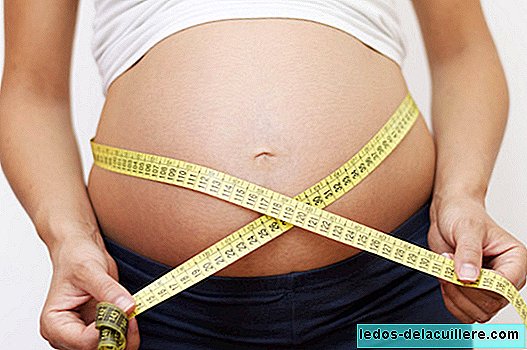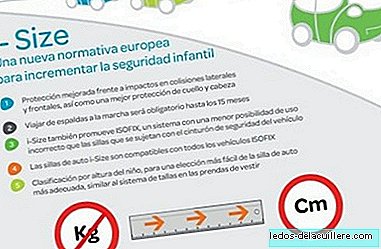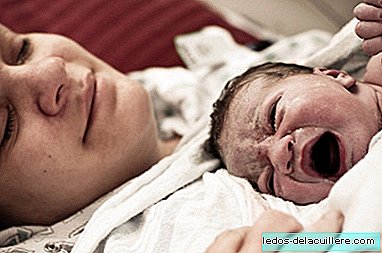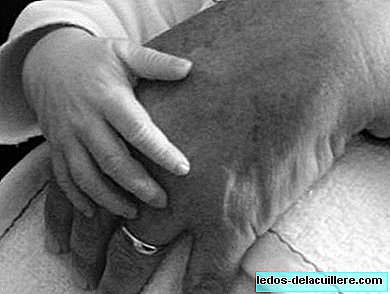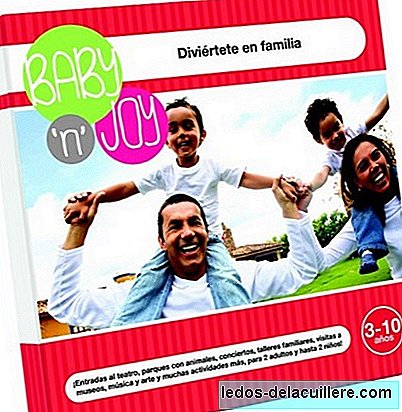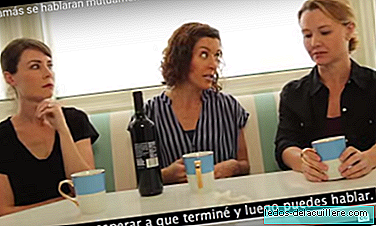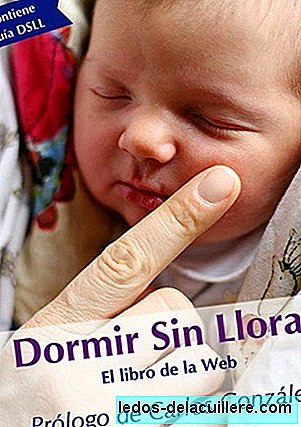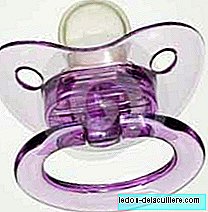
One of the theories that circulates regarding newborns is that if the baby gets used to the pacifier during the first days of life, he will reject breastfeeding. In fact, UNICEF and WHO recommend not offering babies the pacifier while they are breastfed. But it is worth clarifying that this recommendation was made in 1989, when there were still no conclusive studies on the subject.
For his part, Carlos González in his Practical Manual of Breastfeeding recommends not giving any pacifier or nipple to the baby before the first month until breastfeeding is not well established, since each time the baby sucks the pacifier and does not teat it You are missing the opportunity to stimulate milk production.
To think that a baby will prefer a piece of rubber to the warm mom's tit that gives her well-being, in addition to food, I can hardly believe it. On the other hand, if the baby is offered the shots on demand, milk production is sufficiently stimulated, regardless of the use of the pacifier. But it is true that several investigations indicated that the use of the pacifier impaired breastfeeding. Until the last one has come out.
According to a scientific investigation conducted by Argentine doctors in which more than a thousand babies participated during their first year of life, Offering the pacifier at 15 days of life does not change exclusive breastfeeding or increase the risk of weaning at 3 months.
The study is revealing, since it contradicts previous studies that had indicated that the pacifier doubled the risk of early abandonment of breastfeeding, however doctors indicate that these were only based on observations made by doctors and not on studies done with scientific methods and with a sample of babies as numerous as it has happened now.
The study has not gone beyond three months of the baby. It would be interesting to know data about whether the pacifier harms breastfeeding at 6 months or 12 months, but I think that during these periods the abandonment of breastfeeding is influenced by other factors that have nothing to do with the habit of pacifier as is Mainly, the mother's return to work.
In conclusion, we can see that the pacifier, which has been criticized so much seems to have more advantages than disadvantages. Not long ago, research pointed to the fact that the baby's continuous suction when she has a pacifier in her mouth helps prevent the risk of sudden infant death during sleep. Now, according to this new research, it does not interfere with the success or continuity of breastfeeding.
I know that every baby is a world, but my two girls have been the most "pacifiers" since the first weeks and have taken the breast up to 15 months with the same enthusiasm they put in their little piece of rubber.


